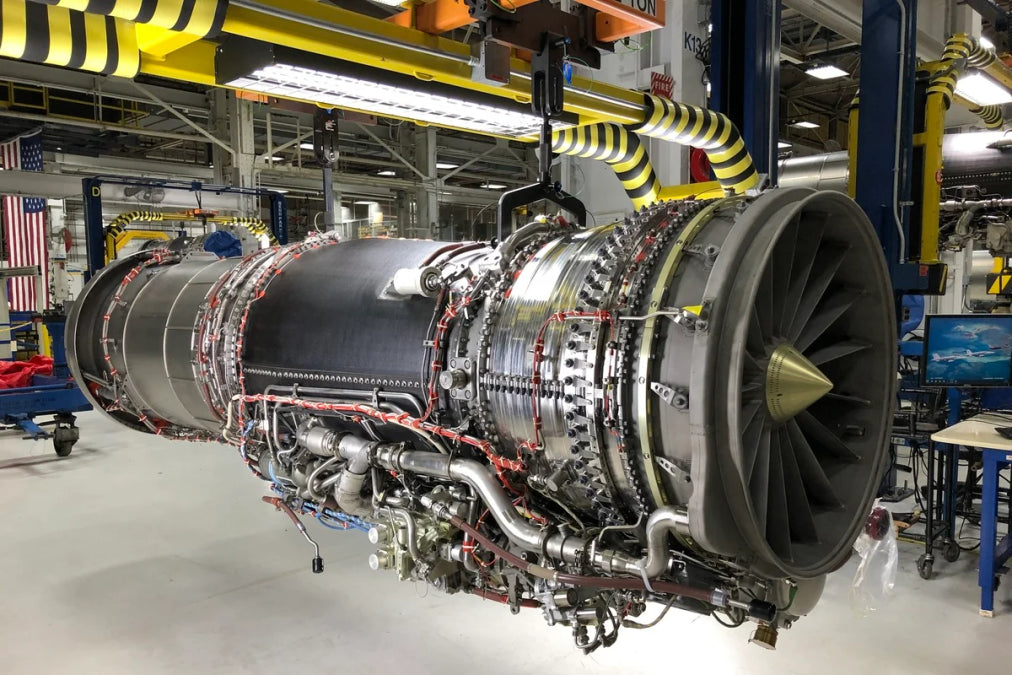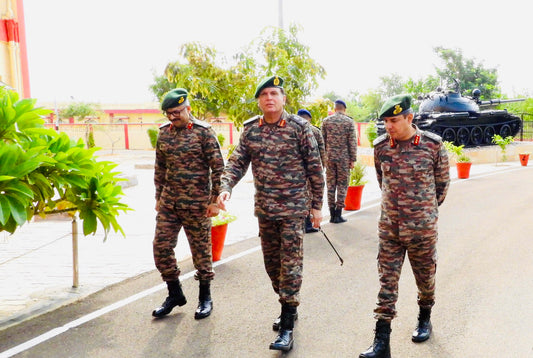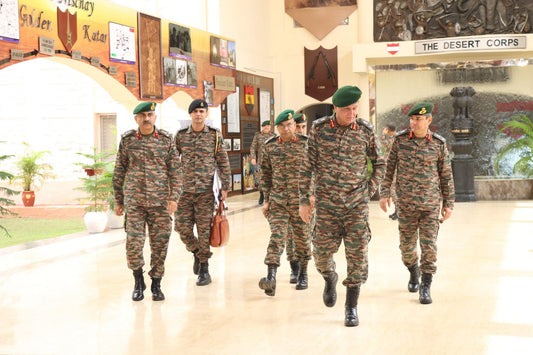DRDO to Request CCS Nod for Joint 120 kN Jet Engine Development with Safran's Full Technology Transfer

The Defence Research and Development Organisation (DRDO) is preparing to seek approval from the Cabinet Committee on Security (CCS) to commence a significant aerospace project in collaboration with French company Safran. This initiative aims to jointly develop a jet engine with a 120 kilonewton (kN) thrust class, marking a pivotal step in India's defense sector.
Once sanctioned, the project will serve as a major advancement for India's future air combat platforms, addressing critical deficiencies in the nation's indigenous aero-engine capabilities.
Full Technology Transfer
In a notable shift from previous partnerships, Safran has agreed to a full transfer of technology. This agreement includes access to essential techniques in single-crystal blade manufacturing, hot-section technology, high-pressure turbines, and digital engine control systems, technologies typically kept under tight wraps by global engine producers.
Strategic Significance
The engine is slated to power India's Advanced Medium Combat Aircraft (AMCA), next-generation Unmanned Combat Aerial Vehicles (UCAVs), and potential sixth-generation fighter projects. With a thrust of 120 kN, it will facilitate features such as supercruise capability, stealth enhancement, and extended combat endurance, marking a significant advancement in India's aerospace capabilities.
Currently, India relies on American GE F404 and F414 engines for its Light Combat Aircraft (LCA) Tejas program, underscoring a dependency in propulsion technology. The Indo-French collaboration aims to eliminate this dependency.
Economic and Industrial Impact
The project is projected to cost several billion dollars, with expenses split between the Government of India and Safran. Development will occur in stages, focusing on design, ground testing, flight trials, and eventual mass production within India.
Indian public sector aerospace entities and private defense firms are anticipated to participate in the program, fostering a strong domestic supply chain and supporting India's Atmanirbhar Bharat initiative to enhance self-reliance in defense manufacturing.
Towards Global Aero-Engine Elite
Successful execution of this program would elevate India into an exclusive group of countries, including the US, UK, France, and Russia, that have the expertise to design, develop, and produce advanced fighter jet engines.
Approval from the CCS, expected in the near future, will formalize the project's timelines, financial commitments, and contractual arrangements, setting the stage for a transformative partnership in defense technology.



















